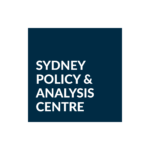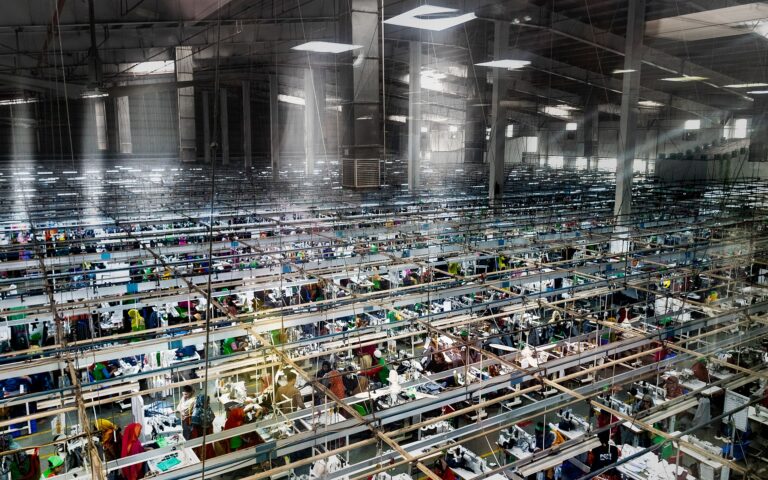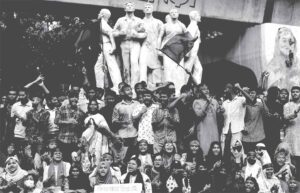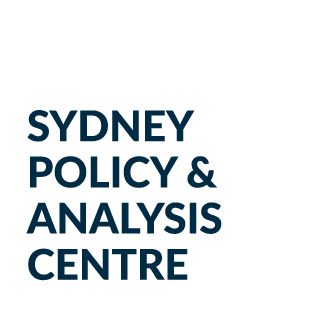Director of International Affairs at the Sydney Policy Analysis Center, Jyoti Rahman, commented that people are raising questions about the government’s data after errors in export numbers were recently found.
“Enough questions are being raised by the people regarding information about the government of Bangladesh. It is natural to ask such questions because the country’s $14 billion exports, which were shown to be higher than the average, have now come to the fore,” he said at a webinar organised by Forum for Bangladesh Studies.
During the webinar titled “Budget 2024-25: How the economy will be in coming days”, he said the question remains regarding how much we can trust the government’s data.
“It is very difficult for research institutions of the country to collect data by themselves without government data. Because it’s a matter of casting.”
The analyst further said, “When the Awami League government came to power, the budget deficit was 2.5% of GDP, and primary expenditure was less than 1% of GDP. We have seen the budget deficit below 3% from 2016-17 to 2021-22. And the primary deficit was less than 1.5%.
“The deficit started to increase from 2017 onwards, until 2020, before Covid-19. At that time, the deficit increased to 4.5% of GDP. The reasons for the increase in the deficit before Covid were development expenditure and subsidies, grants and transfers.
“However, in the post-Covid budgets, our deficit has increased due to the increase in non-development expenditure,” he added.
He noted that about 20% of our government’s revenue collection goes to interest payments on domestic and foreign loans, 40% to subsidies, grants and transfers, 20% to salaries of government officials and employees, and 20% to other non-development expenditures.
“If we review the budget data, we can see that from FY21 to FY24, our GDP has grown by 1%. Half of that 1% GDP growth is in subsidies. Tk429 billion increase in subsidies between FY21 and FY24. Of that, Tk261 billion increase in subsidies to Bangladesh Power Development Board (PDB) in that period.
“A 0.3% of GDP increase in incentives has amounted to Tk220 billion between FY21 and FY24, with Tk173 billion allocated to agriculture. The rise in subsidies will be a major factor contributing to the budget deficit in the coming days for the government,” he said.
The report was first published in The Business Standard.





